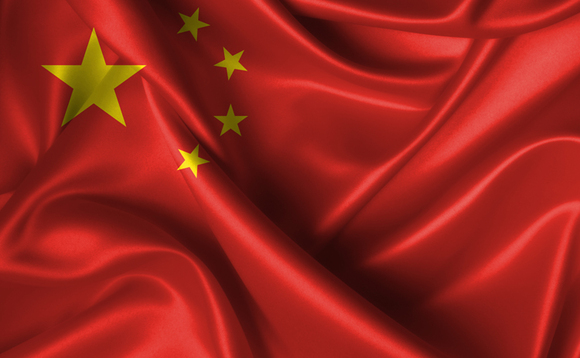A collapse of the property market, continued Covid-19 lockdowns and sabre rattling with Taiwan have been three major drivers to the recent decline in Chinese equities, according to Baillie Gifford's China Growth trust team.
In the unaudited interim financial report for the six months to 31 July 2022, managers Sophie Earnshaw and Roderick Snell said the "weakness in Chinese equities" had persisted during the first half of the year.
For that time, they reported the trust's NAV had fallen 10.7%, heavier than its MSCI China benchmark's 5.4% decline.
The net loss on investments for the period was £23.7m, less than the same period in 2021, which saw £45.2m in losses.
In the report, the managers said they hesitated to "draw too much" from short-term performance and hoped shareholders would instead judge them on their five-year returns, "the same period over which we judge our companies' performance". They acknowledged that "investment in China may prove volatile over a short-term time horizon", as it has been this year.
Political tensions 'will see all Chinese stocks delist from the US'
At a macro level, a pursuit of the government's zero-Covid policy caused "major disruption for businesses and to consumer", according to the management team.
This "exacerbated an already weak economic backdrop" as the Evergrande saga dragged down the property sector, which is still suffering, with property sales down 30-40% from its Covid peak.
Although the China Growth trust has no direct exposure to the property developers or banks, the general decline in China's economic and market growth is not insignificant to the trust.
However, the managers said: "The risk of a Lehman-style moment in China is very low," and they remained optimistic about the overall outlook and recovery of the country's market and economy.
They added: "Although China has dropped and is unlikely to achieve its previous target for GDP of 5.5% growth in 2022, the risk of financial instability is low in our view."
As well as what has been going on within its own borders, China's international relationships have been a source of major concern.
The geopolitical stalemate between China and the US took a step up this year when the People's Liberation Army conducted seven days of unprecedented exercises around Taiwan in August, in response to the controversial visit to Taipei of US House of Representatives speaker Nancy Pelosi at the start of the August.
Deep Dive: Long-term prospects for China remain bright despite continued uncertainty
Since then nothing more extreme has occurred, but the move raised fears of another hot war occurring, particularly given the backdrop of Putin's invasion of Ukraine reaching its eighth month, an event which began with ‘routine' military drills on Ukraine's borders.
It has generally been agreed that Chinese military action against Taiwan near-term is unlikely, a sentiment Baillie Gifford's China Growth trust managers echoed in their report.
They said that in acknowledging the "complexity of the issue" around Pelosi's aforementioned visit and the consequential sabre rattling "and the limitations of our own predictive powers, we would say that we believe the risk of military action remains low".
In the report, Snell and Earnshaw made no mention of closing the fund or what plan was in place if China took that next step against Taiwan.
They detailed: "We do acknowledge that this is a rapidly evolving issue and one that requires continued monitoring. It goes without saying that if military action were to occur, it would have very serious consequences for Chinese equities."










